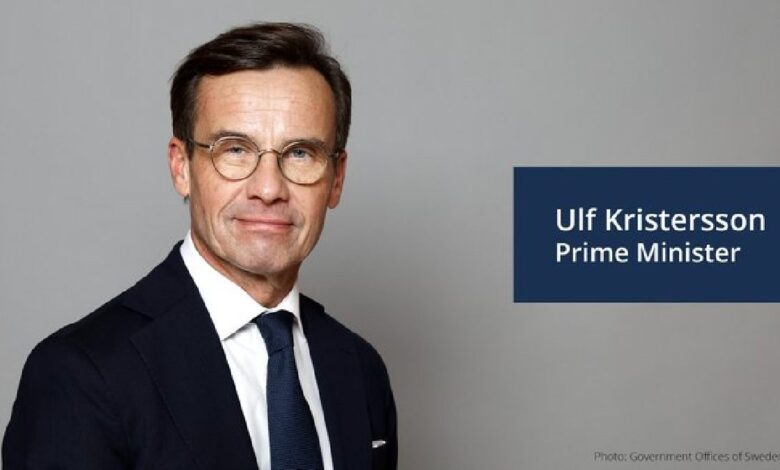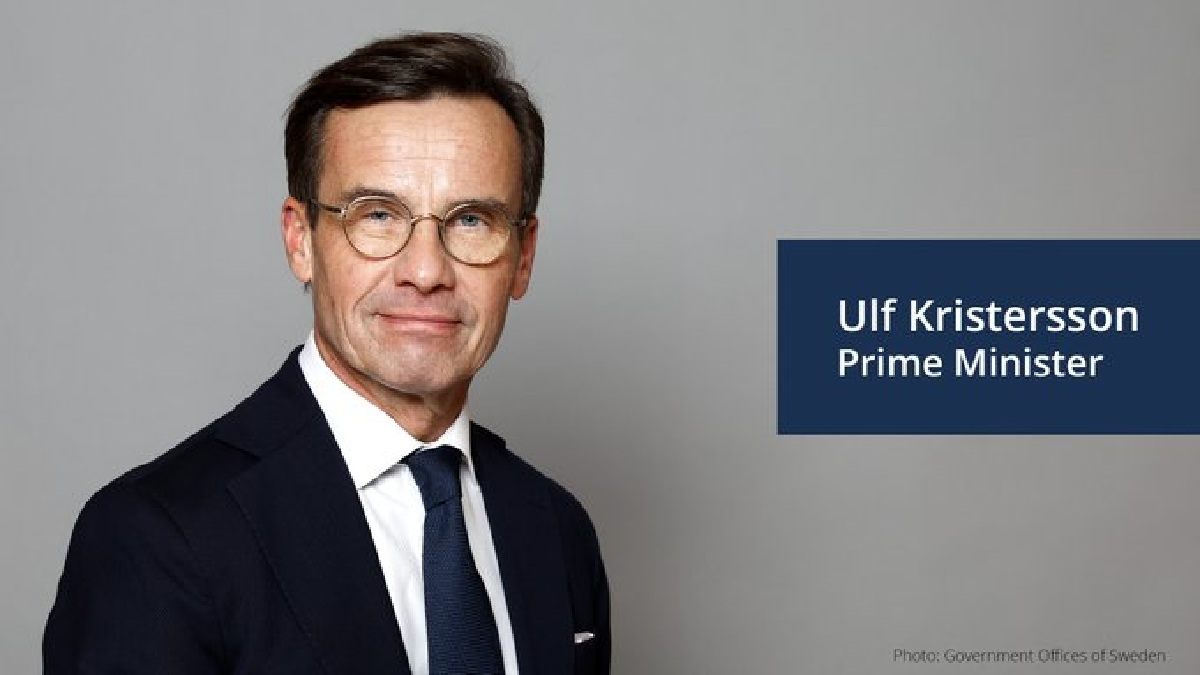
Will Bangladesh PM Seek Common Ground With Opposition?
Will Bangladesh PM seek common ground with opposition who deem system destined to work against them? This question hangs heavy in the air as political tensions in Bangladesh escalate. The ruling party and the opposition find themselves locked in a struggle for power, with the opposition voicing concerns about the fairness and efficacy of the current political system.
This clash of ideologies has fueled a climate of uncertainty, leaving many wondering about the future of Bangladesh’s political landscape.
The opposition’s anxieties stem from a belief that the existing system is rigged against them, hindering their ability to participate effectively in the political process. They point to a perceived lack of transparency and accountability within the government, raising concerns about the fairness of elections and the ability of the opposition to hold the ruling party accountable.
This perceived imbalance of power has created a sense of frustration and disillusionment among the opposition, prompting them to call for significant political reforms.
The Current Political Landscape in Bangladesh

Bangladesh’s political landscape is currently characterized by a significant divide between the ruling Awami League and the opposition Bangladesh Nationalist Party (BNP). This division has resulted in a climate of heightened political tension, with both parties accusing each other of undermining democratic principles and resorting to undemocratic practices.
The Opposition’s Concerns
The opposition, primarily the BNP, expresses deep concerns regarding the current political system, arguing that it is designed to favor the ruling party and stifle dissent. They point to a number of factors that contribute to this perception:
- Allegations of Electoral Fraud:The opposition consistently alleges that elections are rigged in favor of the ruling party, citing instances of voter intimidation, manipulation of vote counts, and the use of state resources for campaigning. They claim that these practices make it difficult for the opposition to compete fairly and win elections.
- Restrictions on Freedom of Speech and Assembly:The opposition argues that the government restricts freedom of speech and assembly, making it difficult for them to voice their concerns and mobilize their supporters. They cite instances of arrests and intimidation of opposition leaders and activists, as well as restrictions on public gatherings and protests.
- Control over Media and Judiciary:The opposition accuses the ruling party of exerting undue influence over the media and judiciary, claiming that these institutions are not independent and are used to suppress dissent and promote the government’s agenda.
Recent Political Events and Developments, Will bangladesh pm seek common ground with opposition who deem system destined to work against them
Recent political events have further exacerbated tensions between the ruling party and the opposition. The 2018 general election, which the Awami League won by a landslide, was widely criticized by the opposition for its lack of fairness and transparency. The opposition boycotted the election, citing concerns about its legitimacy.
This boycott further widened the political divide and solidified the opposition’s perception of the ruling party’s control over the political system. In 2022, the government passed a controversial Digital Security Act, which critics argue is designed to suppress dissent and restrict online freedom.
The act has been used to arrest journalists, bloggers, and activists who have expressed critical views of the government. This development has been met with widespread condemnation from international human rights organizations, who have expressed concerns about the erosion of freedom of expression in Bangladesh.The current political situation in Bangladesh is characterized by a lack of trust and dialogue between the ruling party and the opposition.
The opposition’s concerns regarding the fairness and transparency of the political system remain unaddressed, and the government’s actions have further deepened the political divide. This situation poses a challenge to Bangladesh’s democratic institutions and its commitment to upholding human rights.
Final Conclusion: Will Bangladesh Pm Seek Common Ground With Opposition Who Deem System Destined To Work Against Them
The future of Bangladesh’s political landscape hinges on the ability of the ruling party and the opposition to find common ground. Dialogue and consensus building are crucial for navigating these turbulent waters. The potential for political reform offers a glimmer of hope, but it requires a willingness from both sides to engage in meaningful discussions and compromise.
The international community can play a vital role in facilitating dialogue and encouraging a peaceful resolution. Ultimately, the success of these efforts will determine the stability and prosperity of Bangladesh for generations to come.
It’s fascinating to see how political landscapes can shift, like the tide of a tennis match. Will Bangladesh’s PM find common ground with the opposition who feel the system is rigged against them? Meanwhile, on a completely different court, Rafael Nadal begins his first singles match in almost a year , a testament to resilience and the power of a comeback.
Will he find the same success against his opponents as the PM hopes to find with his political rivals? Only time will tell.
It’s fascinating to see how political dynamics play out in different parts of the world. In Bangladesh, the question of whether the Prime Minister will seek common ground with the opposition, who believe the system is rigged against them, remains a pressing issue.
Meanwhile, across the globe, the news of the Hong Kong court ordering Chinese property developer Evergrande to liquidate highlights the economic challenges facing many nations. This stark reality underscores the need for political leaders to find solutions that benefit all citizens, regardless of their political affiliation.
Perhaps the situation in Bangladesh can serve as a reminder that fostering dialogue and finding common ground are essential for a stable and prosperous future.
It’s fascinating to see how different nations approach political divides. While Bangladesh grapples with the question of whether the Prime Minister will bridge the gap with an opposition that feels the system is rigged against them, a different kind of diplomacy is unfolding in the Horn of Africa.
Ethiopia and Somaliland have just agreed on a deal for port access, a move that could potentially reshape the regional trade landscape. Perhaps the Bangladesh situation could benefit from some of the collaborative spirit demonstrated in this recent agreement.
Finding common ground, even in the face of deeply held differences, is crucial for stability and progress.

